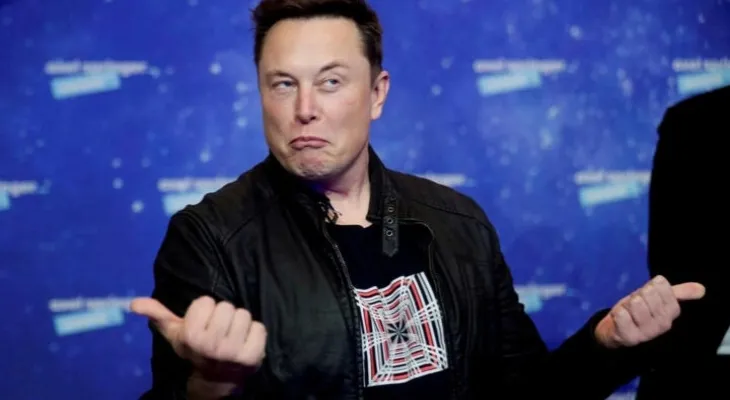Search here
Newspaper
Search here

Arab Canada News
News

Published: October 28, 2022
After billionaire Elon Musk completed the acquisition of Twitter on Thursday for $44 billion, he rushed to dismiss several company executives including Twitter CEO Parag Agrawal, CFO Ned Segal, and legal head Vijaya Gadde. Neither Twitter nor Musk or the executives have yet responded to requests for comment. The dismissal of executives comes after Musk accused them of misleading him about the number of spam accounts, without revealing much about how he plans to achieve his big ambitions for the influential social media platform. The CEO of Tesla electric car company also said he wants to "defeat" spam bots on Twitter, make the algorithms that determine how content is presented to users public, and prevent the platform from becoming a place to impose hate and division opinions, while at the same time limiting censorship. Musk has not yet announced who will run the company after that. He had also said he plans to cut jobs, raising concerns among Twitter's approximately 7,500 employees about their future, as he mentioned on Thursday that he did not buy Twitter to make more money but rather "to try to help humanity that he loves". Musk was required to complete the deal by Friday, otherwise he would face court for failing to execute the preliminary agreement he signed with Twitter. Additionally, the acquisition deal witnessed a series of twists and turns that raised doubts about whether Musk would complete the deal. It began on April 4, when Musk revealed owning a 9.2% stake in the company, making him its largest shareholder. The richest person in the world then agreed to join Twitter’s board, but backed out at the last moment and instead offered to buy the company for $54.20 per share, an offer the company was unsure was real or just one of Musk’s jokes. It turned out the offer was real, and later that month the two sides reached an agreement on the price he proposed. In the following weeks, Musk reconsidered. He publicly complained about Twitter, saying he believed the percentage of spam accounts was much higher than the company's estimate published in regulatory filings, which was 5% of daily active users who can see ads. Then his lawyers accused Twitter of not complying with his requests for information on the matter. The dispute led Musk to notify Twitter on July 8 that he terminated the deal. Four days later, the company filed a lawsuit against him in Delaware, where it is incorporated, to force him to complete the deal. By that time, social media companies' stocks and the stock market in general had declined due to concerns that the Federal Reserve’s (the U.S. central bank) interest rate hikes to combat inflation would push the U.S. economy into recession. Twitter accused Musk of regretting the deal and wanting to back out because he believed he agreed to pay too much. On October 4, before the trial was scheduled to begin later that month, Musk offered to complete the deal as promised, and a Delaware judge set a deadline for its completion to avoid the trial on October 28.
Comments